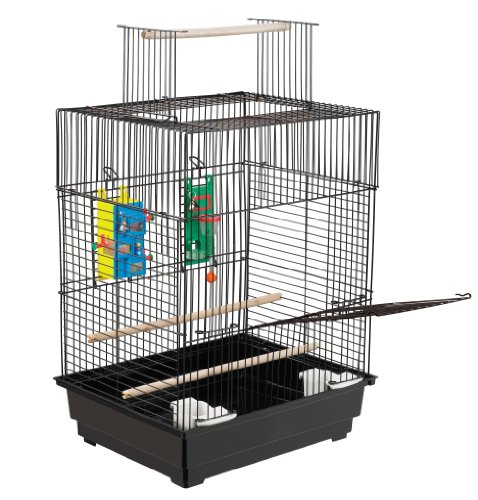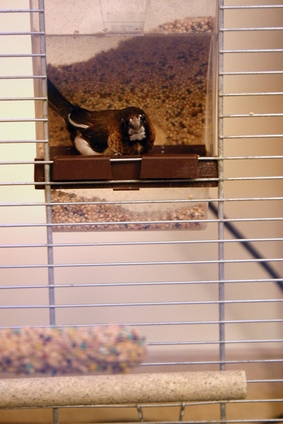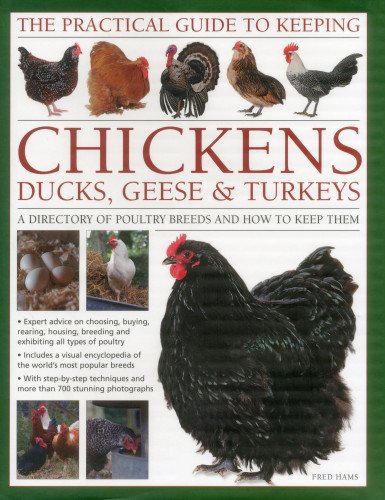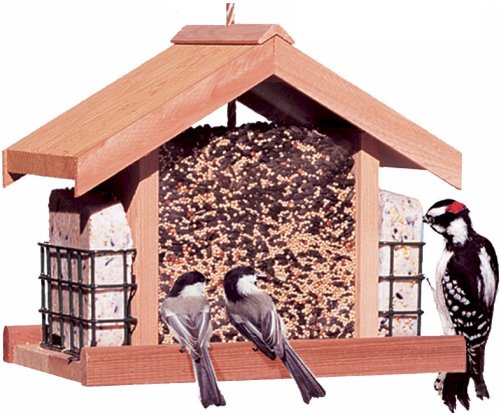A bird allergy often stems from your body's sensitivity to the protein found in your bird's dander, dust, or saliva.
Your allergies can be triggered by inhaling small (in many cases sub-micron sized) particles that are constantly being produced by preening, wing flapping and other normal bird activities. And you have about as much chance of stopping allergen production as you do of grabbing hold of a speeding train.
So how do you manage an allergic reaction to your bird and keep your pet birds too? Here are 3 ways to enjoy your bird and keep your allergy symptoms under control.
Clean the Cage Daily--Frequent cleaning of the cage will remove feathers, dander, dust, and feces-all of which contain thousand of allergens. Taking out contaminants by cleaning regularly means that there are fewer available to be sent into the air to be inhaled or ingested.
Cleaning will also improve your bird's health by eliminating pollutants that cause your bird's respiratory passages to become congested. Use a mask if you are allergic or ask someone else do the cleaning.
Keep The Floor Clean Around The Cage--Damp mop or vacuum to trap the most pollutants. Cleaning outside the cage is just as important as cleaning inside the cage. Vacuuming creates less dust, and does more to remove the particles as opposed to sweeping which often simply moves the pollutants around.
Vacuuming also cuts down on the number of particles that are carried from one place to another in your home on the bottom of shoes, on socks, or even bare feet. Socks end up with other clothes, bare feet end up in bed or on a sofa, and suddenly you have tiny bits of bird dust, feathers that are hard to escape.
Use a HEPA Air Purifier to Filter Your Air--A high efficiency particle arresting (HEPA) air purifier is designed to remove those allergens that are light enough to remain airborne and which therefore can be inhaled by you and your bird.
By definition this type of filtration must remove 99.97% of airborne particulates as small as .3 microns in size. This means that for every 10,000 particles, the HEPA will take out 99,997 which is a fabulous efficiency rate.
Filtering the air constantly will remove both seen and unseen allergens before they collect in the cage, the floor, or in your lungs, or your birds' lungs.
And because so many allergies are fueled by a combination of triggers, HEPA filtration will also remove normal household pollutants as well as seasonal pollutants such as pollen.

 Brinsea Spot Check Thermometer
Highly Accurate Digital Spot
Brinsea Spot Check Thermometer
Highly Accurate Digital Spot
 Tips for Keeping and Teaching Your Pet Birds to Talk
Cockatiels, more commonly kn
Tips for Keeping and Teaching Your Pet Birds to Talk
Cockatiels, more commonly kn
 Homemade Indoor Bird Cages
Homemade Indoor Bird Cages
Homemade In
Homemade Indoor Bird Cages
Homemade Indoor Bird Cages
Homemade In
 The Maran Chicken
Poultry BreedsThe Maran Chic
The Maran Chicken
Poultry BreedsThe Maran Chic
 Learn what you need to Breed Indian Ringneck Parrots
Birds are beautifulThere are so many beautiful
Learn what you need to Breed Indian Ringneck Parrots
Birds are beautifulThere are so many beautiful